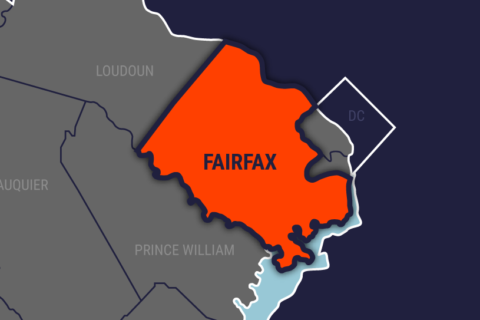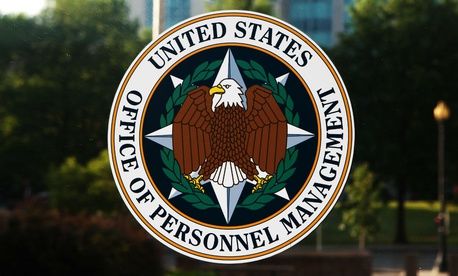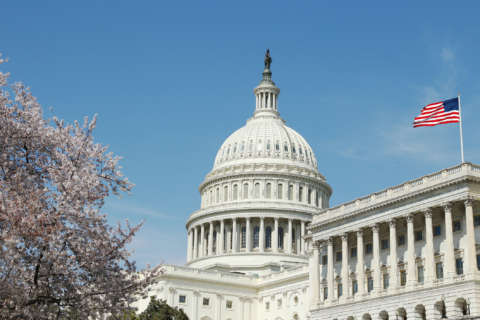WASHINGTON — A search for “government shutdown” on GoFundMe reveals
thousands of campaigns created to help furloughed federal workers, and the
donations are pouring in. But there continue to be questions as to whether these campaigns run afoul of federal ethics rules.
The answer, according to federal employment law expert Dan Meyer, is that it’s probably safer to not engage in this kind of fundraising.
Meyer, a partner at the D.C. office of Tully Rinckney, said the most important question to ask about donations is whether they might cause a conflict of interest.
“Ethics complaints get filed against everybody, at all levels, for all sorts of reasons,” Meyer said. “They’re not just for the high and mighty, but the high and mighty tend to get reported on.”
According to the Office of Government Ethics, federal employees cannot accept gifts valued at $20 or more, or accept more than $50 from the same person within a year. In a letter to agencies the day of the shutdown, the OGE stated that federal workers, while furloughed, are still held to the same ethics laws but there are no specific guidelines when it comes to online donation platforms.
Meyer suggests that federal workers contact their agency’s ethics counsel if they have questions. However, that can be difficult to do while on furlough, because the counsel may not be working, either.
Many of the more recent GoFundMe appeals come from spouses of federal workers. This seems to be an attempt to get around rules that prevent employees themselves from accepting money. Meyer, however, said this isn’t a safe tactic, either.
“If you take it out of the GoFundMe context,” Meyer said, “If an employee’s spouse is given a Rolex watch, and the employee is working on a matter that the person who gave the spouse a Rolex watch is concerned with, there’s an ethics problem in this scenario.”
It’s about the relationship between the donor and the employee, Meyer explained. “So it’s not really about how it gets collected, or who it goes to.”
Many of the appeals come from people who consider themselves “a person impacted by the government furlough” as suggested in a story earlier this month by Federal News Network. That description was suggested by Virginia Canter, the Chief Ethics Counsel with Citizens for Responsibility and Ethics in Washington.
Workers appealing for help on fundraising sites would be smart to make note of who gave them money and whether they had any government business.
“You would have to be able to determine whether or not the [people] who are offering the donation [have] business before your agency, and you’d have to be able to screen that,” Canter said.
Meyer agreed, that if an investigation gets triggered due to a complaint, an employee better be able to know who offered them a donation and whether they have any business with their agency.
“If there’s an ethics inquiry, the office of professional responsibility at that agency would probably ask for the GoFundMe receipts to see who donated,” Meyer said. “And then they would drill down to see the affiliation of anybody who donated to see if there are any corporate ties or anybody who’s covered in the context of the agency.”
Many federal workers are expecting to be approved for back pay once the shutdown ends. So, could an employee use the donations they’ve received to pay bills currently due, and then refund the donations at a later date? Meyer said that won’t work, either.
“There might still be an ethics violation there even if you pay things back,” he said. “It’s about the benefit received, and there’s no question that a benefit gets received in that situation.”
The ethical questions don’t stop with online fundraising, either. Some furloughed workers have been concerned about taking second jobs due to the possibility of an ethics issue, Meyer said.
“Many agencies have rules regarding going out and getting a job in addition to your existing job, and those rules don’t go away just because they’re furloughed,” he said. “If you take a job with someone who’s got a relationship with the agency, that could be a violation.”
Meyer said the most important questions furloughed feds should ask if they’re looking to pick up extra work or accept some donations?
“What is their relationship with the home agency, and is there a conflict of interest?”
WTOP’s Melissa Howell contributed to this report.










